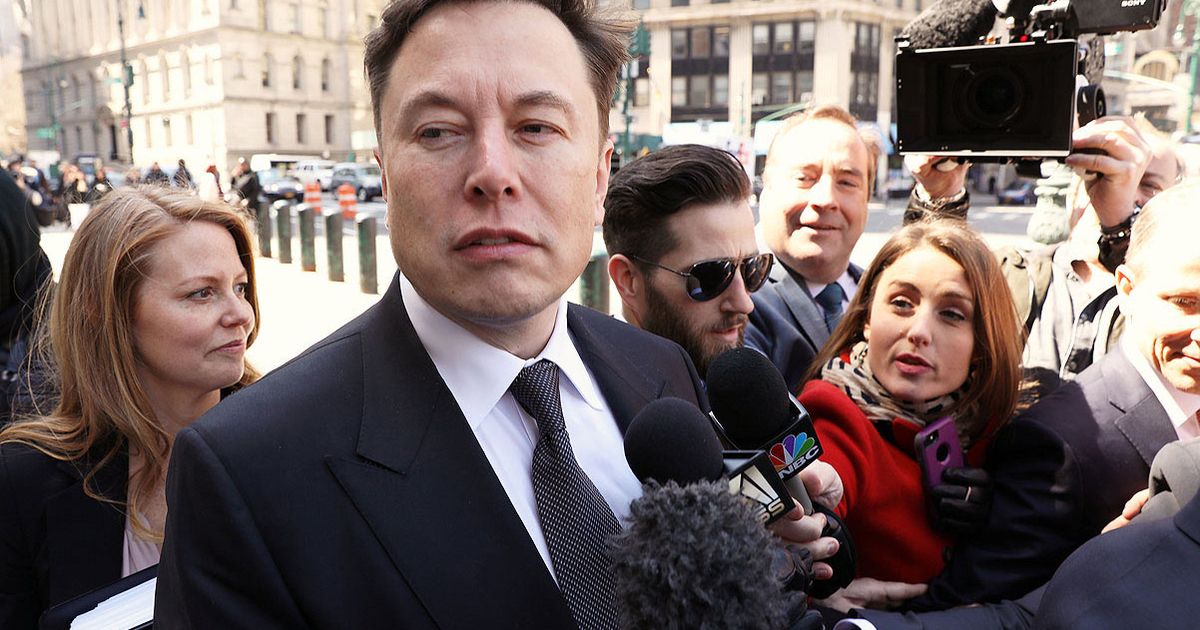
Elon Musk can use a whistleblower’s claims in his legal case against Twitter Inc. but the billionaire cannot delay the trial over his attempt to walk away from his $44 billion deal for the company, a judge ruled Wednesday.
“I am convinced that even four weeks’ delay would risk further harm to Twitter,” wrote Chancellor Kathaleen McCormick of Delaware’s Court of Chancery, in affirming the trial will start next month.
“We are hopeful that winning the motion to amend takes us one step closer to the truth coming out in that courtroom,” said Alex Spiro, an attorney for Musk, in a statement.
Musk’s legal team argued on Tuesday that justice demanded delaying the five-day trial so Musk could investigate claims by whistleblower Peiter Zatko, known as “Mudge,” that Twitter hid weaknesses in its security and data privacy.
Musk’s initial case against Twitter claimed the company misrepresented the prevalence of spam or bot accounts on the platform.
Last month, Zatko’s allegations became public and provided Musk, the world’s richest person, fresh ammunition to bolster what legal experts said was a long-shot attempt to walk away without paying a $1 billion termination fee.
“We look forward to presenting our case in court beginning on Oct. 17th and intend to close the transaction on the price and terms agreed upon with Mr. Musk,” said a statement from a Twitter spokesman.
In July, Twitter sued Musk — also the CEO of Tesla Inc. — to hold him to his April agreement to buy the company for $54.20 per share. The company has alleged that Musk got cold feet over the deal as global politics and inflation rattled markets soon after the deal was signed.
At Tuesday’s hearing, Twitter’s lawyer read a message from Musk that came to light during the litigation that the lawyer said showed the billionaire was not actually concerned about spam accounts.
Musk sent a message to a Morgan Stanley banker in May, as Russia’s President Vladimir Putin was warning the West over his country’s war in Ukraine, that read “it won’t make sense to buy Twitter if we’re heading into World War III.”
The deal contract allows Musk to walk away under certain narrow conditions, although a war is specifically excluded.
In another high visibility case against Musk, the $258 billion racketeering lawsuit accusing him of running a pyramid scheme to support the cryptocurrency Dogecoin has expanded, adding seven new investor plaintiffs and six new defendants including his tunnel construction business Boring Co.
According to an amended complaint filed on Tuesday night in Manhattan federal court, Musk, Tesla, his space tourism company SpaceX, Boring and others intentionally drove up the price of Dogecoin more than 36,000 percent over two years and then let it crash.
By doing so, the defendants “profited tens of billions of dollars” at other Dogecoin investors’ expense, while knowing all along that the currency lacked intrinsic value and that its value “depended solely on marketing,” the complaint said.
Tesla, SpaceX and Boring did not immediately respond on Wednesday to requests for comment. Tesla disbanded its media relations department in 2020.
The original lawsuit was filed in June.
Shortly afterward, Musk, the world’s richest person, tweeted that he would “keep supporting Dogecoin,” and in an interview said “people that work around the factory at SpaceX or Tesla” asked him for that support, the amended complaint said.
Other new defendants include the Dogecoin Foundation, which calls itself a nonprofit providing governance and support for Dogecoin. It could not immediately be reached for comment.
The $258 billion in damages is triple the estimated decline in Dogecoin’s market value since May 2021.
That was around the time Musk, playing a fictitious financial expert on a “Weekend Update” segment of NBC’s “Saturday Night Live,” called Dogecoin “a hustle.”